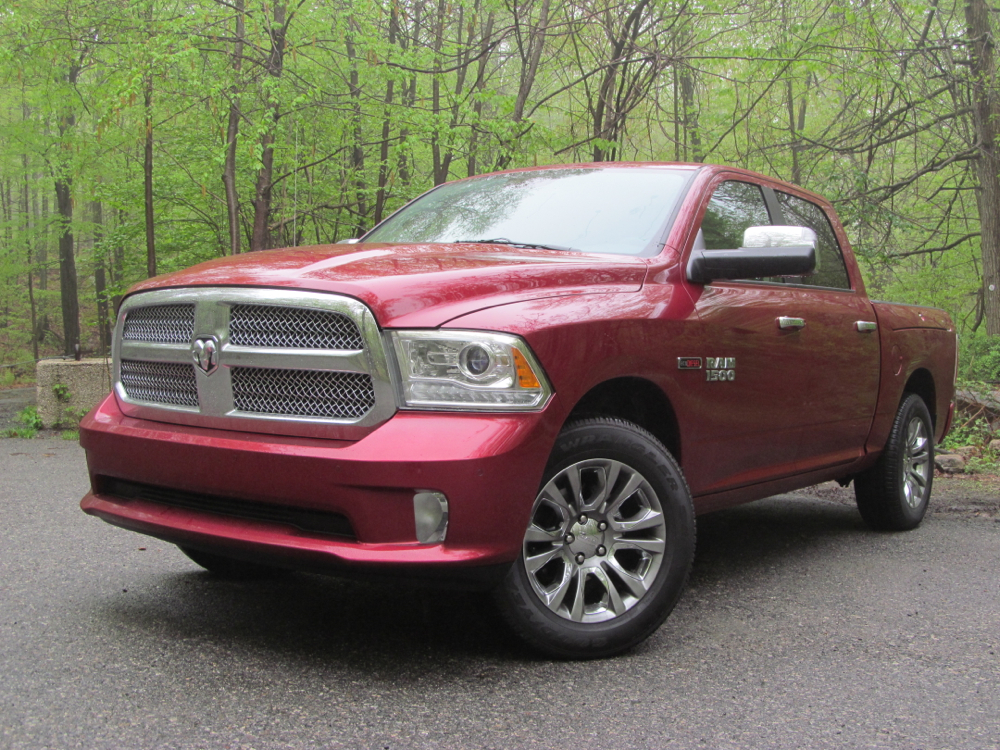Why did a Chevy Bolt EV buyer have to drive his car more than 800 miles just to pick up his electric car?
Which state seems to be trolling Tesla, again, by locking its cars out of a special purchase incentive?
This is our look back at the Week In Reverse—right here at Green Car Reports—for the week ending on Friday, June 16, 2017.
Friday, we explained Elon Musk's announcement of warranty improvements and price cuts on used Tesla Model S electric cars, to move buyers thinking of putting down deposits for Tesla Model 3 cars into used Model S cars for a year or two while they wait.
We also noted that about 1,700 of the popular and eagerly awaited Chrysler Pacifica Hybrid plug-in minivans have been recalled to replace a faulty diode.
![Driving a 2017 Chevrolet Bolt EV from Virginia to Missouri, June 2017 [photo: Bill Massmann] Driving a 2017 Chevrolet Bolt EV from Virginia to Missouri, June 2017 [photo: Bill Massmann]](https://images.hgmsites.net/lrg/driving-a-2017-chevrolet-bolt-ev-from-virginia-to-missouri-june-2017-photo-bill-massmann_100610200_l.jpg)
Driving a 2017 Chevrolet Bolt EV from Virginia to Missouri, June 2017 [photo: Bill Massmann]
On Thursday, we covered a Chevrolet Bolt EV buyer who drove his new Bolt halfway across the country after buying it out of state—because you still can't buy a Chevrolet Bolt EV electric car in much of the Midwest.
That led us to observe that electric-car drivers and buyers might reasonably be forgiven for concluding that the state of Michigan hates them, despite it being the site where that Bolt EV was manufactured.
(At the end of last week, Chevy said the 238-mile Chevrolet Bolt EV electric car will now be available nationwide one month early, by the end of August.)
Wednesday, we noted that Texas has restored its $2,500 rebate for purchase of an electric car, though it seems to be trolling Tesla by specifically excluding its cars because the company doesn't sell them through franchised dealerships.
Remember West Virginia University, the intrepid team that uncovered the emission data that led to the Volkswagen diesel scandal?

2014 Ram 1500 EcoDiesel, Bear Mountain, May 2014
We covered their newest study, which says Fiat Chrysler diesels emit up to 20 times the legal limits of nitrogen oxides—although FCA is fighting back aggressively.
On Tuesday, we laid out a remarkable political development: the state of California has joined Germany and many other nations in a group to fight climate change—even as the U.S. plans to remove itself from the Paris climate treaty.
Also, Tesla won again on safety: the NHTSA gave uniform 5-star safety ratings to the Tesla Model X, making it the safest of all the SUVs the agency has tested.
We kicked off the week on Monday with a report from a Michigan writer who spent several days with a 2017 Ford Fusion Energi plug-in hybrid sedan and found it frustrating. It wasn't the car's fault, though.
Can you distinguish an SUV from a crossover utility from a passenger car? Some crossovers may be cars, while others are trucks, and we explained why that matters for fuel economy, using the words of the U.S. Energy Information Agency.

Teaser for 2018 Nissan Leaf debuting in 2017
Over the weekend, we took the unusual liberty of publishing some rumors about the 2018 Nissan Leaf launch that correlate pretty squarely with other things we've heard and observed in the industry.
Finally, while coal has been in the news a lot lately, it's important to realize that the jobs in solar energy have grown at 20 percent a year since 2012. Wind energy is also adding jobs, and the two together employ three times as many people as the coal industry.
Those were our main stories this week; we'll see you again next week. Until then, this has been the Green Car Reports Week in Reverse update.
________________________________________________












